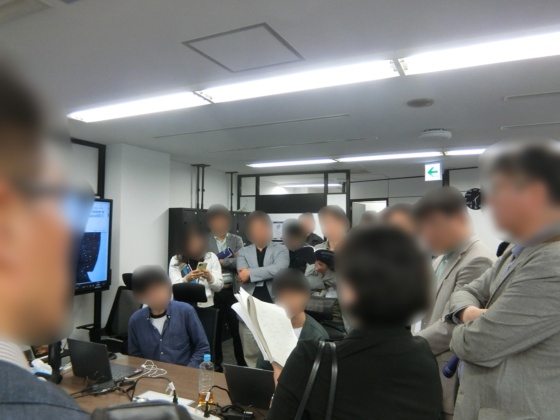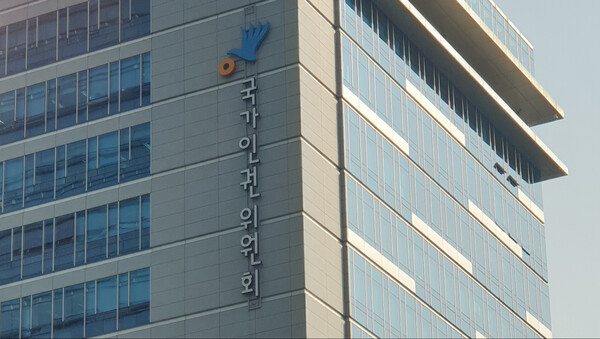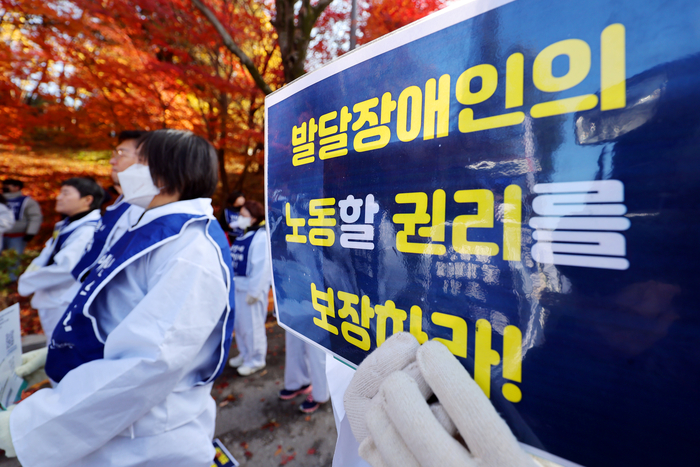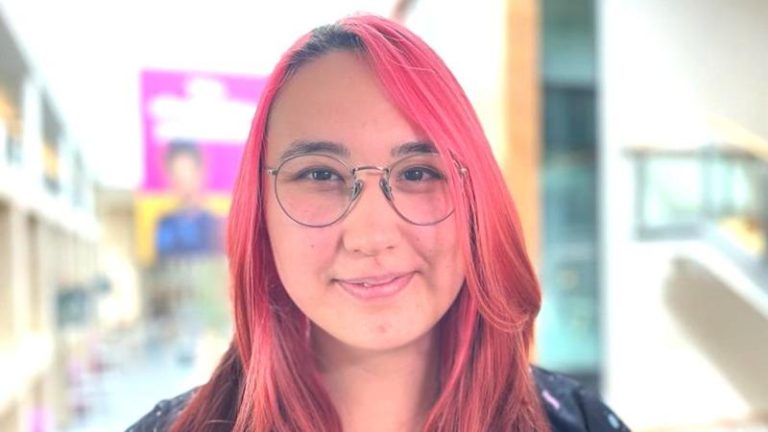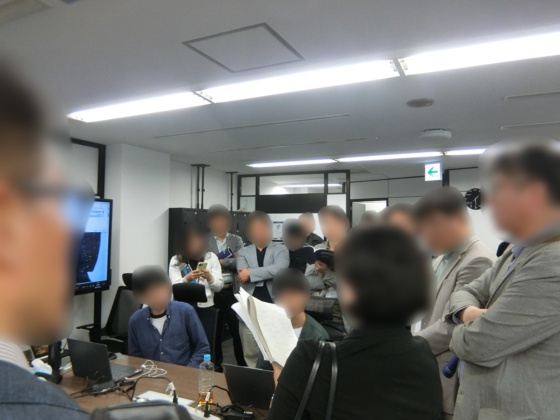
In May, executives from the Korea Neurodiversity Association (KNDA) visited the Osaka branch of Persol Divers, a subsidiary of Persol Group, which is leading the Neurodiversity concept in Japan. The session, sponsored by the Korea Economic Daily, consisted of a delegation of 35 executives and HR managers from Korea’s leading companies, who visited the Persol Divers Osaka branch and listened to the success stories of the Neurodive project in progress and interviews with the participants. The delegation and Persol Divers executives had a free Q&A session on how to bring neurodiverse talents to the workforce in Korea and Japan. In particular, in the case of Korea, as the concept of neurodiversity is not yet settled compared to the West, there was mainly discussion on the topic that will lead to the paradigm of neurodiversity in the Korean job market.
The Neurodive Project is a job transition support project carried out by Persol Divers, a special subsidiary of Persol Group. In high-tech industries such as AI, digital marketing, data science, and RPA, it is in the spotlight as a program that educates neurodivergent people who demonstrate strong concentration and characteristics in a specific field through its own specialized program, and shares the announcement of project results with companies to lead to employment linkage.
According to an article published by the Sankei in August last year, titled “Neurodiversity Leverages the Creativity and Concentration of People with Developmental Disabilities, Utilization of Sleeping Talent“, the Japanese government is highlighting the potential and work capacity of neurodiverse people in order to make a breakthrough in Japan’s rapidly declining working population and job market.

Meanwhile, a delegation of domestic executives and HR managers said, “Through this visit, companies that have been reluctant to hire people with disabilities were able to receive great inspiration, and it was an opportunity for the private sector to take the initiative to hire people with disabilities.” In response, the executives of the Korea Neurodiversity Association said, “The first step will be to provide opportunities for people with neurodiversity to learn cutting-edge IT such as the Neurodive Project, and it will be important to root the neurodiversity paradigm in Korean society as a whole.” In addition, she said “In addition to the advanced IT field, I would like to expand the neurodiversity paradigm and related training areas to areas that can make use of the characteristics of Korean society.”

